Megan MacKenzie: the (academic) writer
Megan MacKenzie is a feminist scholar interested in war, security studies, post-conflict recovery and reconstruction, and military culture. Her work is broadly focused on the ways that gender matters in understanding war and insecurity and the ways that experiences of war and insecurity are shaped by gendered norms and sexism.
Do you see yourself as a writer?
Yes! I have always written and wanted to write. I started a newspaper in elementary school and wanted to be a journalist in high school. Writing feels like putting puzzle pieces together. Projects can start out as such a mess, but I find great joy when the last lines or edits on an article or book come together.
Do you have a writing routine that works for you? How do you fit writing into your schedule?
This is something I’ve struggled with over the years. As a mom of two very busy kids, my schedule constantly changes. I used to get jealous/anxious reading social media posts or articles where people would talk about getting up at 5 am and writing for 2 hours while they watch the sunrise (or something like that). That’s just not possible for my life, and I suspect it isn’t for most people – especially caregivers. I’m now at peace with the reality that my writing times often change every week.
Of course, I try to schedule research and writing time, and I protect it as fiercely as I can, but I also try not to get down if my schedule has to change. That said, I write best in the morning and in total silence. The perfect writing moment for me is just after the kids go off to school and I’ve managed to make a coffee and sit down at my home desk (in my bedroom because a dedicated writing space is also not a privilege I have at home!).
Are there any tips you have for writing or editing your writing?
I have three tips for writing. First, always think of writing as a conversation. No one likes being lectured to, and they hate reading something that feels like a lecture rather than a conversation. I often organise chapters or articles the same way I would organise a research talk or student lecture. You wouldn’t (I hope) arrive to deliver a talk and start spouting random information; you would engage the audience and walk them through an argument with some sense of what they may already know or not know.
Second, protect your writing time as best you can. I know I just said that sometimes it is impossible to stick to a writing schedule – but at least try! When I came back from parental leave after my first child, I would often shut my office door and put a ‘back in 5 minutes’ sticky note or ‘on a call’ sign on my door (sometimes for hours) because I was so desperate to have uninterrupted writing time. Do what you can to protect your time: block your calendar, work at home, put stickies on your door – whatever works.
Third, I always try to imagine the finished written piece. I like to know the article or book title, imagine who is reading it, and think through what I want to achieve with the piece. I’m also obsessed with book cover designs, so I’ve had the design for the last couple of books worked out well before the book is actually finished! This helps me get excited about the writing and reminds me that the goal is to have someone read it, not for it to be perfect.
Are there any books on writers or writing that you have particularly enjoyed and would recommend?
I love Stephen King’s book On Writing. It is part autobiography and part ‘how to write’. The biggest lesson I got from the book is that he dispels the myth that writing can only take place when you feel inspired or ‘in the mood’. He treats writing like a job and essentially says you just need to sit down and write, damn it. When I’m procrastinating or struggling to get through a section, I often think of his advice and try to plough through and at least get a messy draft out, knowing it can be polished later. Writing is not about waiting for a muse or a divine burst of creativity. It is getting words on a page and finishing something you set out to do as best you can.
